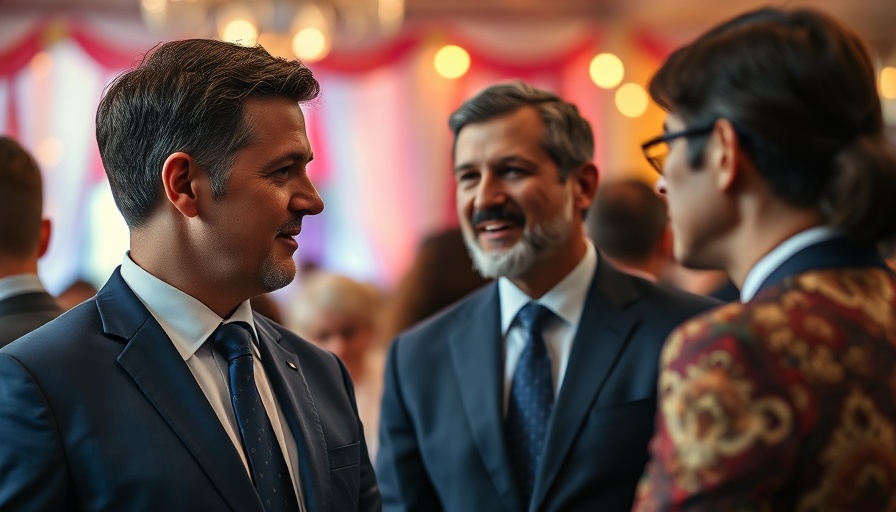
Gabon’s Political Landscape: Revisiting the Omar Bongo Strategy
In the emerging political landscape of Gabon, Brice Clotaire Oligui Nguema is on the verge of a significant presidential victory by leveraging the political playbook of former President Omar Bongo. His reliance on the Gabonese Democratic Party (PDG) echoes Bongo's storied reign, indicative of historical patterns that often resurface in African governance. Nguema's approach raises questions about the evolution of democracy and governance in Gabon and beyond. As Gabon approaches its presidential election, the juxtaposition of Nguema’s tactics with those of Bongo invites a deeper analysis of political continuity versus change.
Understanding the Legacy of Omar Bongo
Omar Bongo’s presidency lasted for 42 years, a period marked by political stability but also allegations of rampant corruption and human rights abuses. His strategies included patronage networks and significant investments in infrastructure, both critical in maintaining his hold on power. As Nguema mimics Bongo’s methods, the implications for Gabon's democracy and civil liberties loom large. Will a strategy based on past authoritarianism be sufficient for a modern, democratic Gabon?
The Role of the Gabonese Democratic Party
The PDG, once the backbone of Bongo’s rule, has been reactivated under Nguema’s leadership to catalyze voter support. The party’s resurgence is a double-edged sword; while it mobilizes traditional supporters, it also brings forward the legacy of Bongo's controversial governance. The challenges facing Nguema, as he steers the PDG towards electoral success, signal a potential conflict between nostalgia for the past and the demand for democratic progress. Consolidating power via an entrenched party raises the question: can democracy flourish within established autocratic frameworks?
Social Dynamics and Public Perception
Nguema's campaign is not just a political maneuver; it’s a social experiment. As he traverses the nation, engaging with citizens poised between hope and skepticism, his ability to ignite enthusiasm could reshape public sentiment. This dynamic becomes even more relevant among the youth, who make up a significant portion of the populace. Engaging the youth in governance and political discourse is vital for sustainable development and could help bridge the gap between past injustices and future aspirations. Will they embrace a leader reminiscent of a past their parents faced?
International Perspectives: A Continental Dialogue
The potential of Nguema’s victory extends beyond Gabon, inviting dialogue within the broader context of African politics, where issues like economic growth, trade, and governance are ever more crucial. The African Continental Free Trade Area (AfCFTA) and collaborations on renewable energy and climate change beckon the need for transparent and accountable leadership. Nguema’s tactics may resonate with historical precedents, but how will they align with contemporary pan-African aspirations for democracy and economic integration?
The Path Forward: Challenges and Opportunities
As Gabon heads toward the polls, it stands at a crossroads—one where historical loyalties clash with the modern demands for democracy and human rights. Nguema must navigate this terrain with a keen understanding of the socio-political implications his presidency could unleash. Can he innovate through leadership while respecting the legacies that shaped contemporary Gabon? The outlook for governance in Gabon relies not only on Nguema's strategies but on the collective engagement of its citizens yearning for a hopeful future.
As we watch Gabon's political landscape evolve, the global community may learn valuable lessons about resilience, identity, and the indomitable spirit of a nation seeking to reconcile its past while aspiring for a brighter future.
 Add Row
Add Row  Add
Add 




Write A Comment